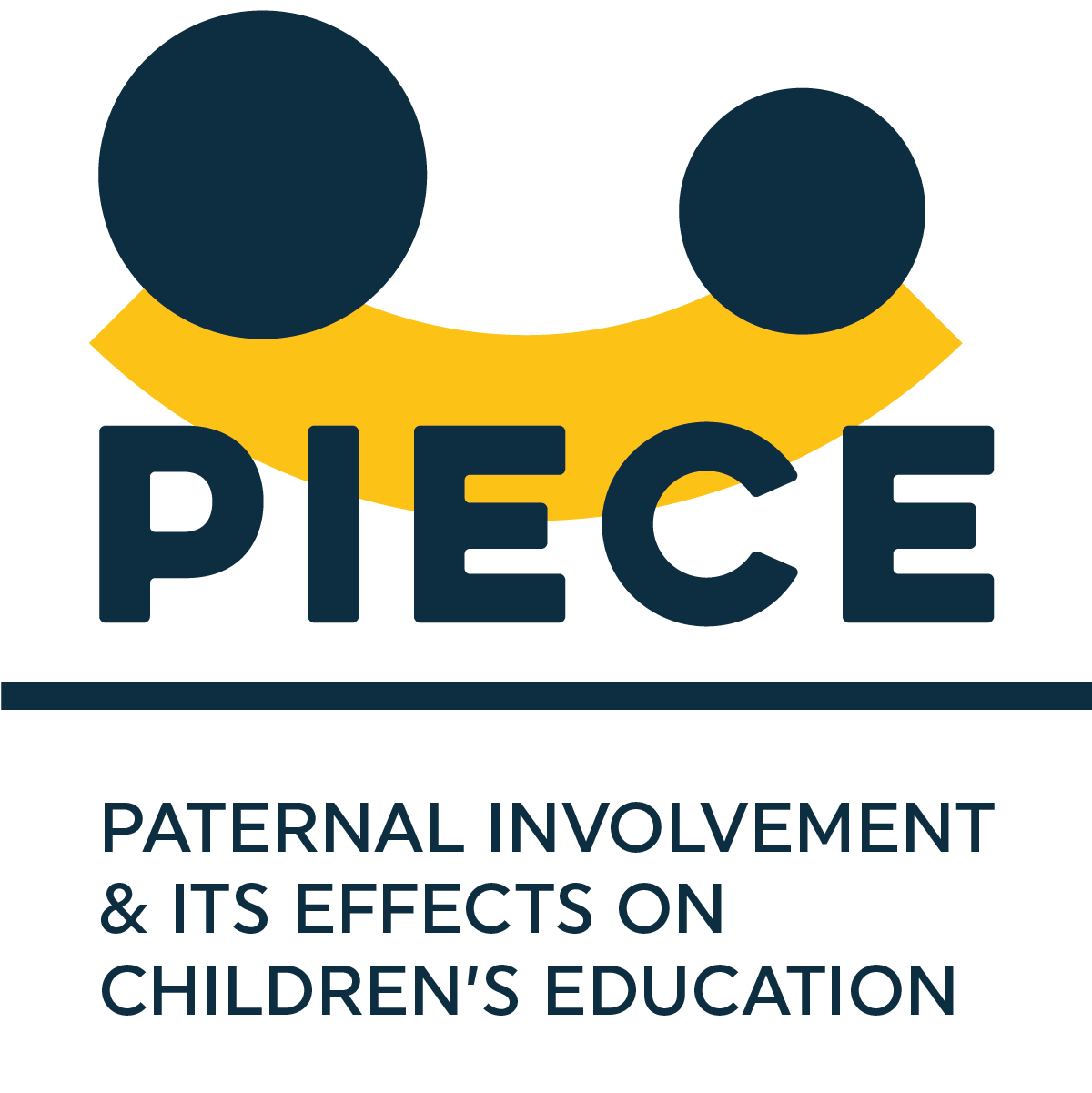British Sociological Association Conference – University of Manchester
14-15 April 2023
Abstract: Fathers spend more time on childcare than previous generations but the implications on children are unclear. Research conducted with mothers or ‘parents’ more broadly finds that engagement in educational types of activities (such as reading and playing) has an association with better primary school grades and cognitive skills. However, we know less about the effects from fathers’ engagement, particularly when they live in low-income households where opportunities to engage with children are more constrained.
This paper explores the relationship between paternal childcare engagement, poverty and children’s attainment at primary school. We theorise educational attainment in terms of a capabilities framework (Sen 1992) where household circumstances – such as parental engagement, household income, resources and other socio-demographics – interact and shape children’s opportunities (capabilities) to achieve in different ways.
We use structural equation models on data from three sweeps of the Millennium Cohort Study (2000-06) that have been linked to educational data provided by the Early Years Foundation Stage Profile at age five – a standard assessment for all primary school children in England. Results show that fathers’ childcare engagement does have a positive effect on children’s educational attainment, over and above the mothers’ engagement, and even reduces the negative effects of being in poverty. This has important policy implications because the findings suggest that fathers’ engagement in a child’s learning could offer different ways of tackling persistent socio-economic attainment gaps in early education.
Presentation slides: BSA_2023_HNorman_Fathers, mothers Inv in low income households_clean








